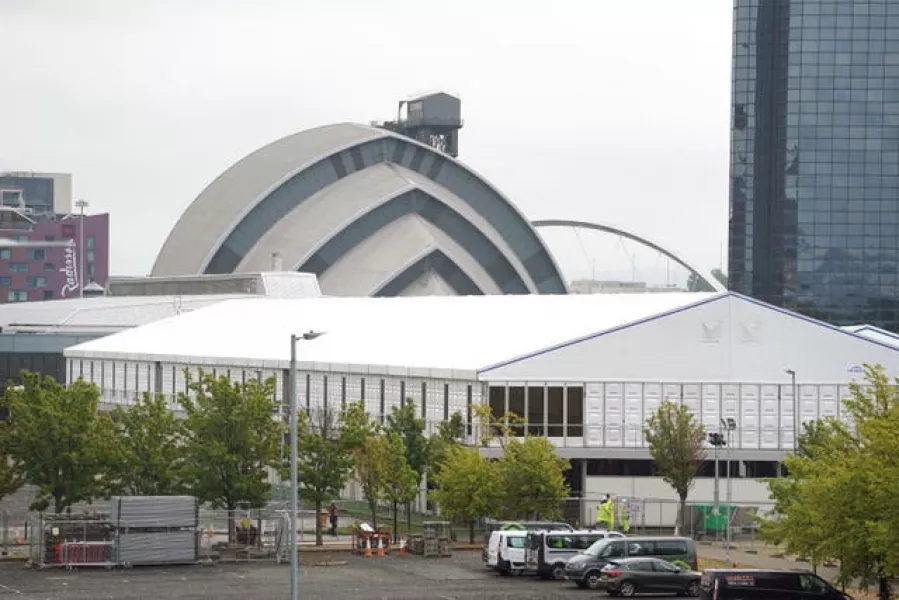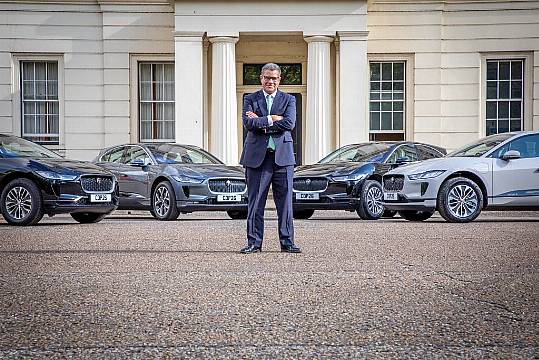A fleet of electric vehicles will be deployed for world leaders coming to Glasgow, Scotland for crucial UN climate talks in November, the UK government said.
Jaguar Land Rover will provide the fleet of battery electric vehicles and plug-in hybrids for leaders and their teams travelling to and from the summit being held at the Scottish Events Campus, the UK Cabinet Office said.
The vehicles will be sourced from existing fleets in the UK to help ensure their carbon footprint remains low.
Jaguar Land Rover said it is aiming to achieve zero tailpipe emissions by 2036 and net zero carbon emissions across its supply chain, products and operations by 2039 as part of targets in line with meeting international climate goals.
Cop26 president Alok Sharma said: “Jaguar Land Rover is an iconic British brand with a proven track record.
“They are showing climate leadership in their field with award winning electric vehicles, and I am delighted these will be used by world leaders in Glasgow.”
Thierry Bollore, Jaguar Land Rover chief executive said: “We are delighted to partner with Cop26 and provide a fleet of all-electric vehicles, including Jaguar I-Pace performance SUVs, to deliver zero-emission transport at the summit.”

UN climate summits, which see tens of thousands of delegates travel from across the world to attend two weeks of talks, always face scrutiny over the carbon footprint of the event itself.
But the bigger picture is how countries are doing on their plans to cut emissions to avoid the most dangerous global warming.
The UN has warned nations they are way off track to deliver the kind of emissions cuts over the next decade to limit global temperature rises to 1.5C, an ambition agreed by countries under the Paris climate accord in 2015.

So when scores of world leaders, including US president Joe Biden and British prime minister Boris Johnson, attend the summit, they will be under pressure to ramp up climate ambition in their national action plans, known as nationally determined contributions (NDCs).
Scientists warn the world is already experiencing human-driven climate extremes at current levels of 1.2C of warming above pre-industrial levels.
If temperatures go above 1.5C we face significantly more heatwaves, rainstorms, water shortages and drought, greater economic losses and lower crop yields, higher sea levels and greater damage to coral reefs.







